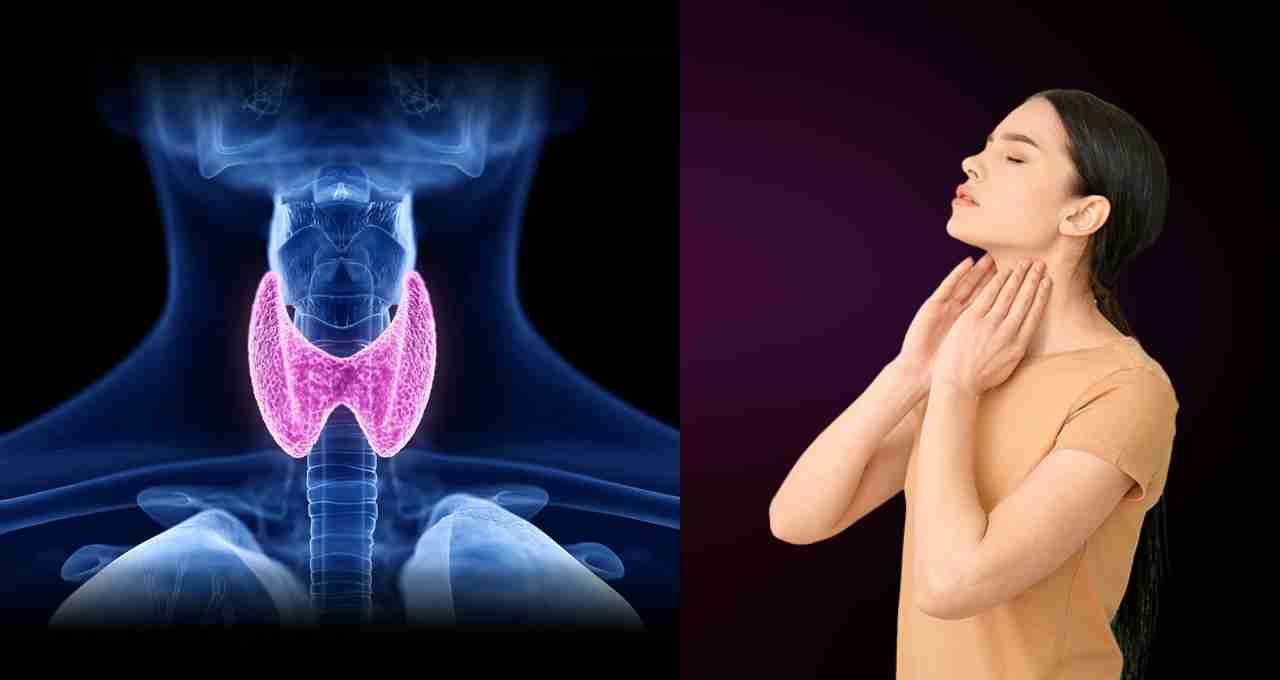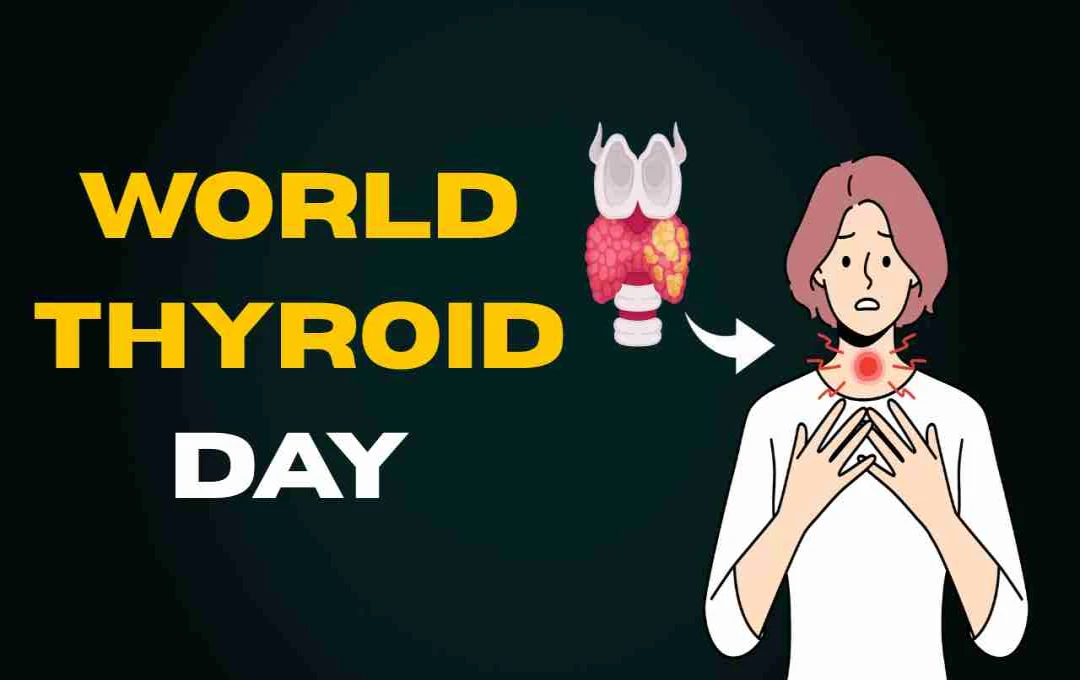World Thyroid Day is observed every year on May 25th. This day is dedicated to the small gland located in our neck that controls our body's energy, weight, and temperature. A balanced functioning thyroid gland is crucial, as underactivity or overactivity can lead to various health problems.
What is the Thyroid and What Does it Do?
The thyroid is a butterfly-shaped gland located at the front of the neck. It produces hormones called thyroxine (T4) and triiodothyronine (T3), which regulate the body's metabolic rate, i.e., the rate at which it expends energy.
Hypothyroidism: Occurs when the thyroid gland doesn't produce enough hormones. Symptoms may include fatigue, weight gain, feeling cold, and memory impairment. This condition is more prevalent in women.
Hyperthyroidism: Occurs when the thyroid gland produces excessive hormones. Symptoms can include a rapid heartbeat, significant weight loss, nervousness, and sleep disturbances. Timely treatment can control this condition.
What are the Symptoms of Thyroid Problems?

Symptoms of thyroid problems are sometimes so common that people may overlook them, attributing them to other illnesses or fatigue. Common symptoms include persistent fatigue, weakness, sudden weight gain or loss, excessive hair loss, and mood swings such as irritability or depression. Some individuals experience increased sensitivity to cold or heat, insufficient sleep, and irregular periods, particularly in women. If these symptoms persist, a doctor's consultation is recommended.
Why is Thyroid Screening Important?
Thyroid screening is essential because if a malfunction goes undetected, it can negatively impact the heart, kidneys, and mental health. Untreated thyroid problems can significantly affect energy levels, weight, and mood over time. Fortunately, detection doesn't require complex tests—a simple blood test, known as a TSH test, can identify the problem. If you experience fatigue, weight changes, or mood swings, it's crucial to get tested. Timely treatment allows for easy management of the condition.
How to Observe World Thyroid Day
Get your thyroid checked: The first step is to take responsibility for your health. If you haven't had a thyroid test yet, today is the perfect opportunity. Contact your doctor and get a simple blood test to assess your condition.
Attend online or local seminars: Many health organizations and doctors organize online and offline workshops on this day. You can learn about thyroid-related information, symptoms, treatment, and lifestyle tips.

Participate in community events: If you are health-conscious, organize a walkathon, cycle ride, or awareness campaign in your neighborhood or community. This not only fosters community engagement but also educates people about "hidden" conditions like thyroid disorders.
Share information on social media: Share thyroid-related facts, videos, or your personal experiences on Facebook, Instagram, or WhatsApp. This will raise awareness among your friends and family.
Support thyroid health organizations: Donating to or volunteering with a thyroid NGO or health organization is a significant contribution. This supports research and helps those in need.
History of World Thyroid Day
World Thyroid Day was initiated in 2008 by the European Thyroid Association (ETA). May 25th was chosen because it marks the anniversary of the ETA's founding in 1965. The aim is to raise awareness about thyroid diseases, their symptoms, and treatment. Later, thyroid associations in America, Asia, and Latin America joined the initiative, transforming it into an international movement. Globally, awareness campaigns, free health screenings, and social media sharing are utilized to encourage individuals to prioritize their health.
Healthy Lifestyle Tips for Thyroid Health
Maintaining thyroid health requires incorporating simple yet effective changes into your routine. First, consume iodized salt, as iodine is essential for thyroid hormone production. Also, dedicate some time daily to walking or light exercise to maintain a healthy metabolism.
Stress reduction is crucial, as excessive stress can disrupt hormone balance. Maintain a balanced and nutritious diet including fruits, vegetables, and protein. Aim for 7-8 hours of sleep each night and undergo regular thyroid check-ups. These small steps can help you keep your thyroid in check and lead a healthy and active life.














